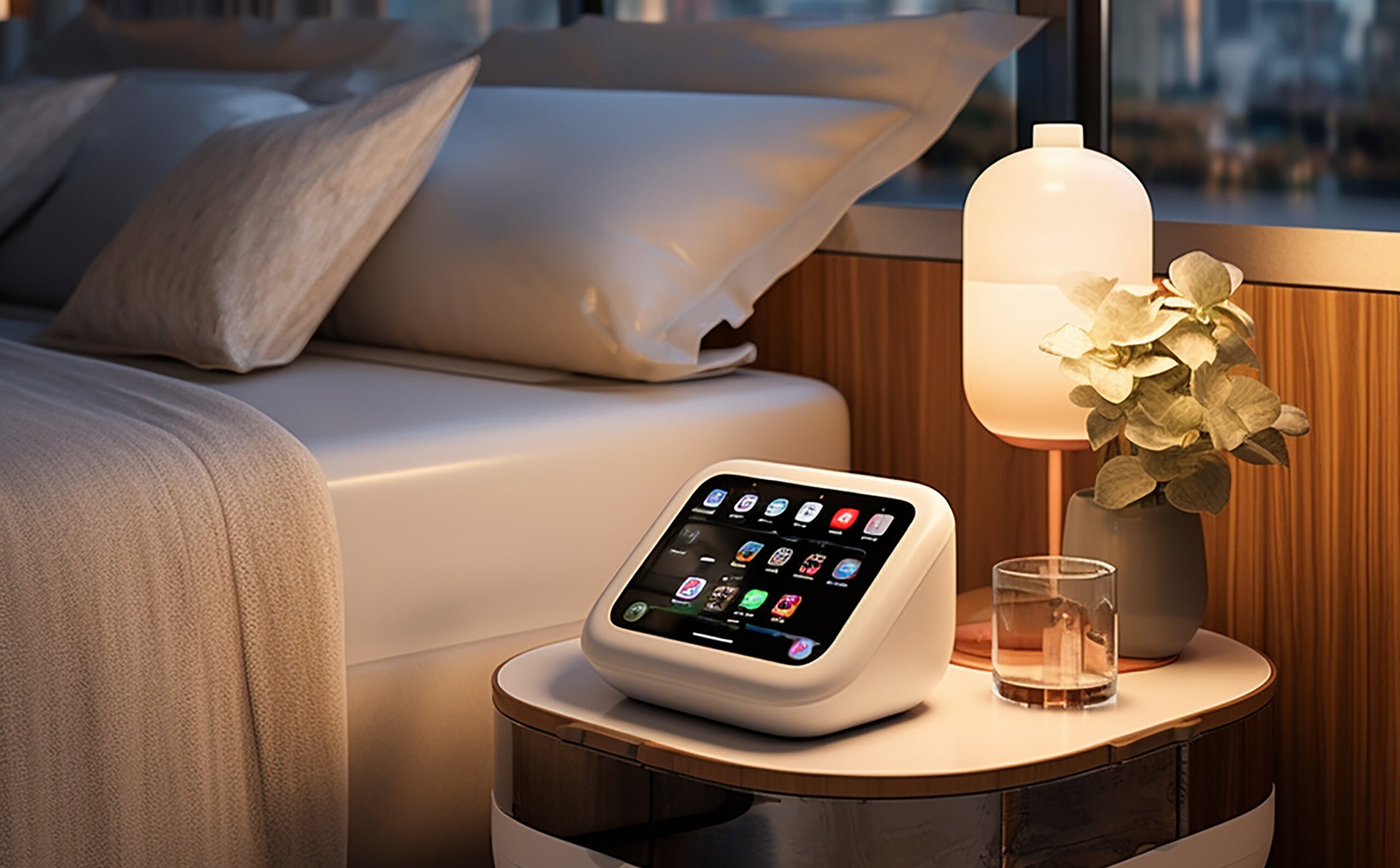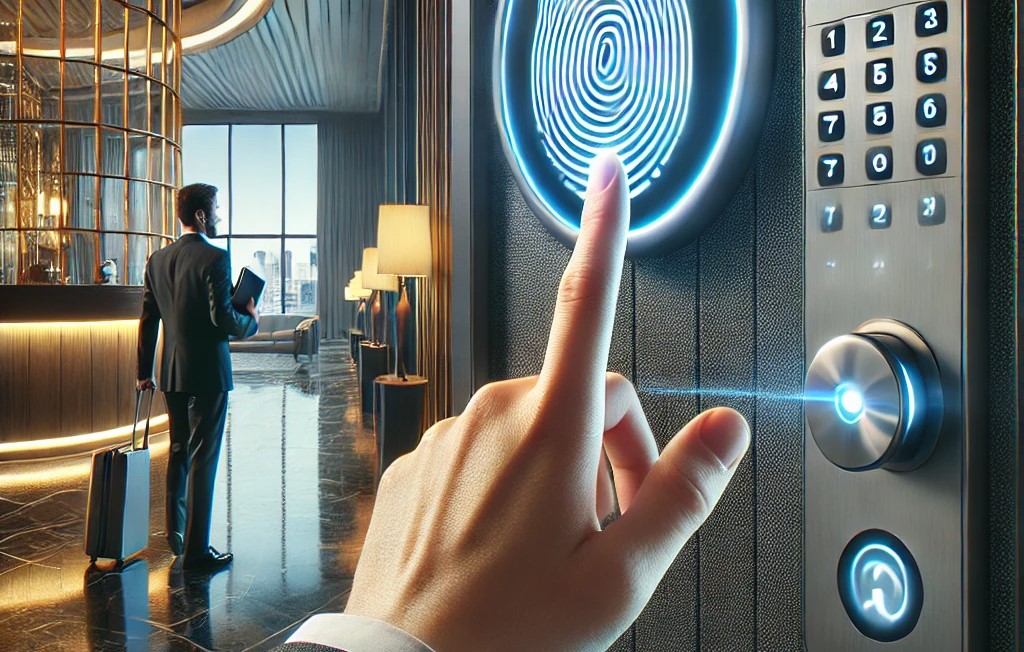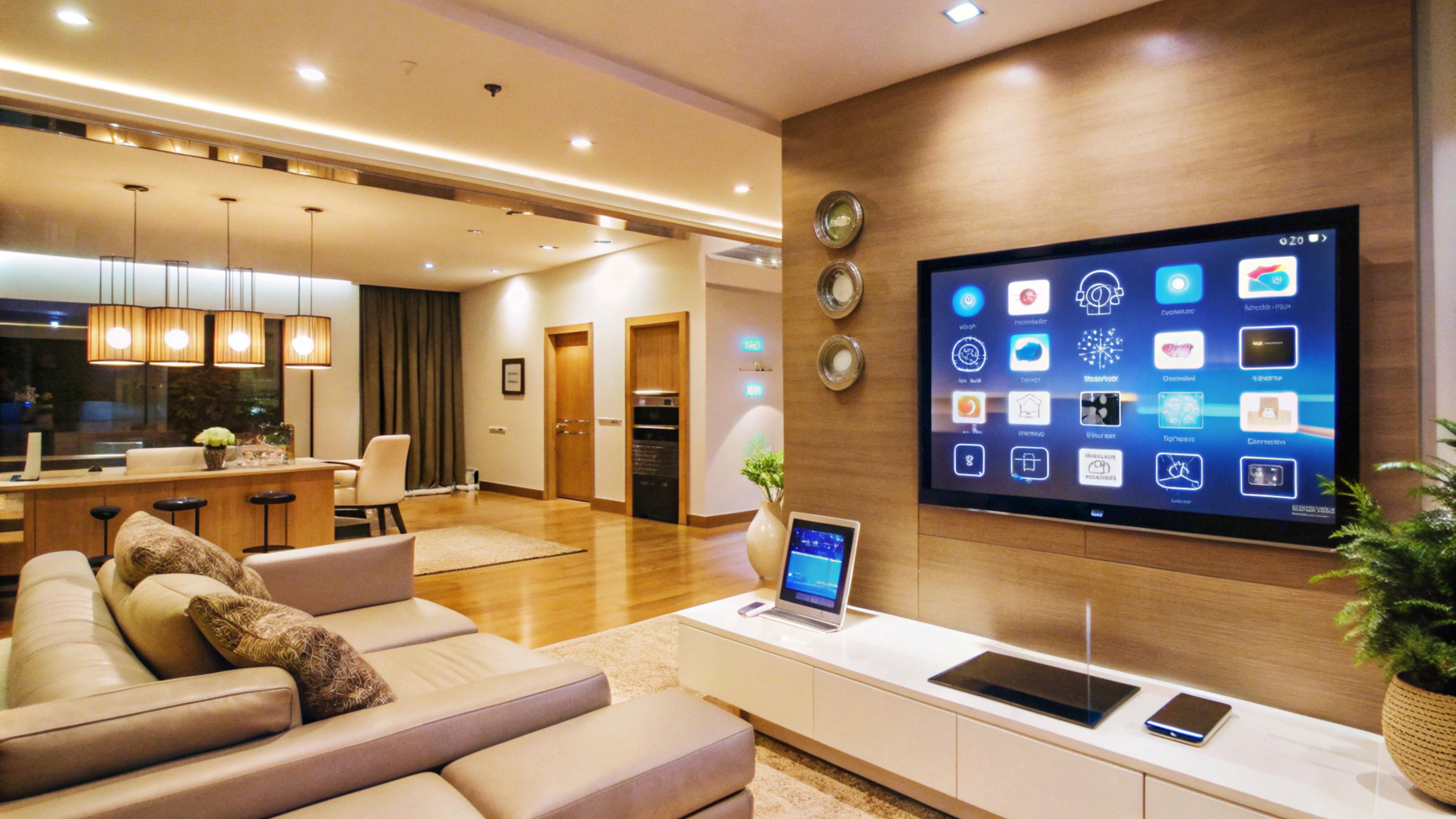
Contactless Solutions in Hospitality Technology: Trends and Future Directions
The hospitality industry, known for its reliance on direct customer interactions, has experienced a paradigm shift towards contactless solutions, accelerated by the COVID-19 pandemic. This transformation aims to enhance guest safety, improve operational efficiency, and cater to the growing demand for convenience and personalized experiences. This article explores the trends in contactless solutions within the hospitality technology sector, underpinned by recent developments and with reference to some key figures.
The Rise of Contactless Solutions
Contactless solutions encompass a range of technologies that minimize physical interaction between guests and staff, including mobile check-ins, digital keys, voice-activated controls, and automated payment systems. These innovations have become increasingly essential as guests prioritize hygiene and safety. According to a report by McKinsey & Company, 62% of travellers consider contactless check-in processes important, reflecting a significant shift in consumer preferences.
Mobile Check-ins and Digital Keys
One of the most prominent trends in contactless hospitality technology is mobile check-ins. This process allows guests to check into their rooms using a smartphone app, bypassing the traditional front desk check-in. MSR‘s Digital Key technology enables guests to verify their ID, check-in, and unlock their doors using their mobile devices.
Digital keys not only enhance convenience but also improve security. Traditional plastic key cards can be easily lost or stolen, whereas mobile keys are secured by encryption and biometric authentication. Moreover, they reduce the environmental impact associated with plastic card production and disposal. Hilton Hotels has implemented Digital Key technology in over 80% of its hotels worldwide.
Voice-Activated Controls
Voice-activated technology, powered by AI assistants like Amazon’s Alexa, is another promising trend in the hospitality industry. These involve smart devices that enable guests to control room features such as lighting, temperature, and entertainment systems using voice commands.
Voice-activated controls not only enhance the guest experience but also offer valuable data insights. Hoteliers can analyse usage patterns to better understand guest preferences and tailor services accordingly, fostering a more personalized and satisfactory stay.
Automated Payment Systems
Contactless payment systems, including mobile wallets, QR code payments, and Near Field Communication (NFC) technology, have gained traction in the hospitality sector. These systems expedite transactions, reduce the risk of theft, and minimize physical contact. A survey by Hospitality Technology found that 72% of hotels planned to implement or upgrade contactless payment solutions by the end of 2021.
A number of popular online payment platforms now enable guests to settle bills seamlessly, whether at the front desk, in restaurants, or at on-site shops. Furthermore, integrating these payment methods with loyalty programs can enhance guest retention and satisfaction.
Robotic Assistance and Automation
Robotics and automation are revolutionizing various aspects of hotel operations. Service robots can deliver items such as towels, toiletries, and room service orders directly to guest rooms, minimizing human contact. While ambitious, this is still a futuristic solution, aimed at enhancing operational efficiency and guest safety.
Automated check-in kiosks, equipped with touchless interfaces and AI-powered identity verification, are also becoming commonplace. These kiosks streamline the check-in process, reduce wait times, and allow staff to focus on more complex guest needs. According to a recent study by Oracle Hospitality, 75% of hoteliers plan to adopt or expand automated check-in solutions in the near future.
Health and Safety Protocols
In response to the pandemic, the hospitality industry has embraced technology-driven health and safety protocols. These include contactless temperature checks, automated sanitization systems, and digital health passports. For instance, touchless temperature screening kiosks are popular among some hospitality brands and regions, as they ensure a safer environment for guests and staff.
Digital health passports, which store vaccination records and test results, facilitate safer travel and hotel stays. IBM’s Digital Health Pass and the CommonPass initiative are examples of solutions gaining traction in the industry. These tools enable hotels to verify guests’ health status without physical documentation, streamlining the check-in process and enhancing safety.
Future Directions and Challenges
The shift towards contactless solutions in hospitality is poised to continue, driven by advancements in technology and evolving guest expectations. However, the industry faces several challenges in this transition. Data security and privacy concerns are paramount, as the increased reliance on digital platforms necessitates robust cybersecurity measures. Ensuring that guests’ personal information is protected is crucial to maintaining trust and compliance with regulations such as GDPR and CCPA.
Moreover, the adoption of contactless technology requires significant investment in infrastructure and training. Smaller hotels and independent operators may find it challenging to keep pace with larger chains, potentially widening the technology gap within the industry.
To address this, industry associations and technology providers must offer scalable solutions and support to ensure broad-based adoption. MSR is a pioneer in this field, with its steadfast resolution of developing scalable, future-ready solutions at reasonable rates.
Conclusion
The hospitality industry’s embrace of contactless solutions represents a significant evolution in how services are delivered and experienced. Driven by the need for safety, convenience, and efficiency, technologies such as mobile check-ins, digital keys, voice-activated controls, and automated payment systems are becoming integral to modern hospitality operations. While challenges remain, the continued advancement and adoption of these technologies promise to reshape the industry, offering safer, more personalized, and efficient experiences for guests worldwide.
As the industry navigates this transformation, collaboration between technology providers, hoteliers, and regulatory bodies will be essential to address challenges and ensure that the benefits of contactless solutions are widely accessible. The future of hospitality technology is contactless, and those who embrace this trend will be well-positioned to meet the evolving needs of their guests.
BACK TO ALL BLOGS


